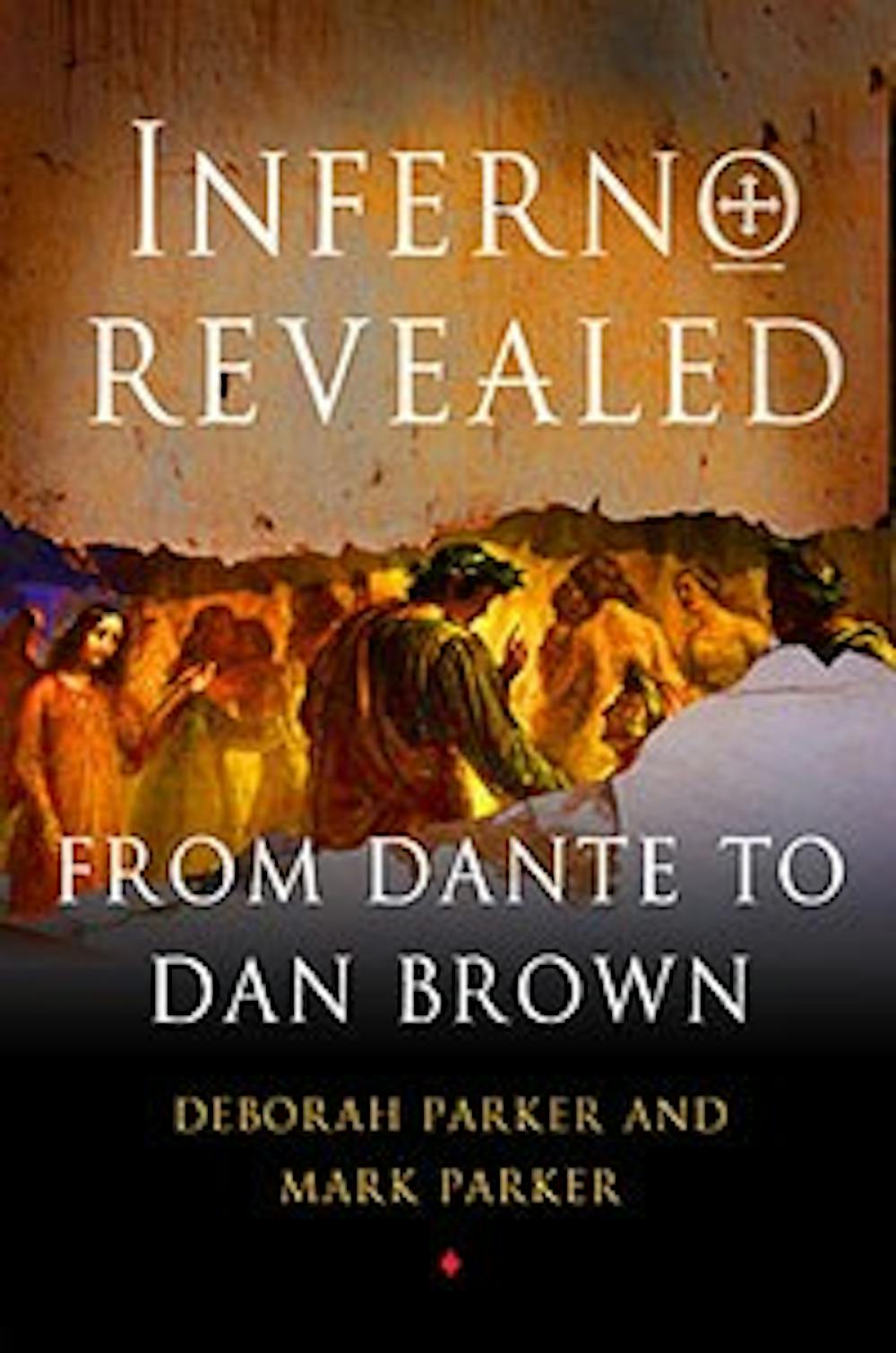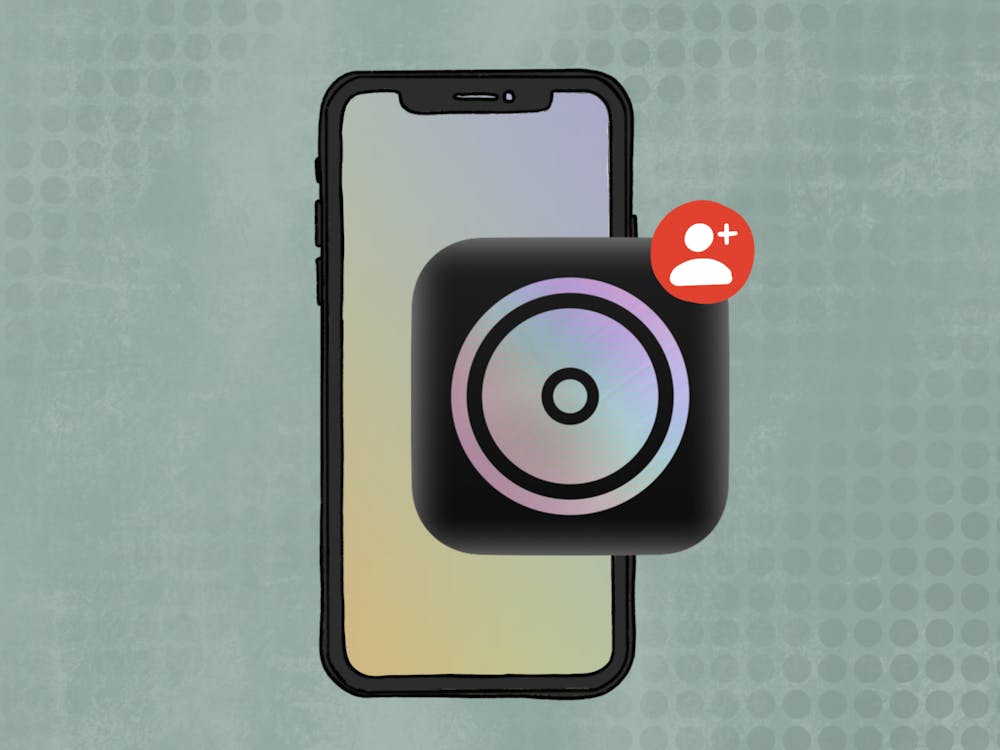The University hosted numerous literary events last week in honor of the Virginia Festival of the Book, a five day celebration focused on bringing book culture to the public. Festival events aimed to promote reading and literacy in the Charlottesville community.
On Saturday, the University Bookstore hosted Deborah and Mark Parker, a husband and wife duo who recently published “Inferno Revealed.” Their book explores the epic poem “Inferno” by 14th century author Dante Alighieri. The authors discussed how their book interprets Dante’s original text and explicated the challenges and experience of writing “Inferno Revealed.”
Claire Holman Thompson, a speaker, author and fundraising consultant, opened by discussing the persistence of classics in modern day society by relating Dante’s novel to Mary Shelley’s “Frankenstein.” She highlighted powerful themes such as emotion, horror, turbulence and nature. Both “Frankenstein” and Dante’s “Inferno” have been repeatedly replicated — there are more than 64 different interpretations of “Frankenstein” and Dante’s work is featured in modern fiction stories.
Italian Prof. Deborah Parker is an author herself and served as an editor for “The World of Dante,” an interactive site focused on teaching and studying Dante’s works. She was joined by her husband, Mark Parker, also an author, professor and chair of the English Department at James Madison University.
Deborah Parker mentioned Dante’s use of contemporary Italian figures in his work as well as the “rich visual imagery” of his world. Mark Parker spoke about how these trends cause Dante’s influence to persist today. Among other references, he specifically connected “Inferno” to the 1995 film “Se7en.”
The pair also devoted a large portion of their talk to unpacking the many cultural references to Dante’s work in Dan Brown’s new novel “Inferno” — the book that initially spurred the creation of the Parkers’ novel.
In “Inferno,” Brown introduces a weaker hero to Dante’s text, juxtaposed with a rehabilitated villain. In this revised role, the hero seems to almost reaffirm the villain’s ideas. These unconventional inventions both attract readers and retain the intrinsic nature of Dante’s ancient creations.
When Brown’s book release was announced, Deborah Parker was contacted to write a companion novel to be published only months after Brown’s. She employed the help of her husband in order to meet time constraints.
Together, they faced the challenge of working against Brown’s secrecy. He did not allow an advance copy to be released, so the Parkers had to explain Brown’s references to Dante with minimal access to the manuscript, forcing them to think critically about the enduring nature of Dante’s “Inferno.”
Their research ultimately produced material for a book beyond a companion to Dan Brown’s novel. Rather, it led to a text that explores and explains in intricate detail Dante’s world.





